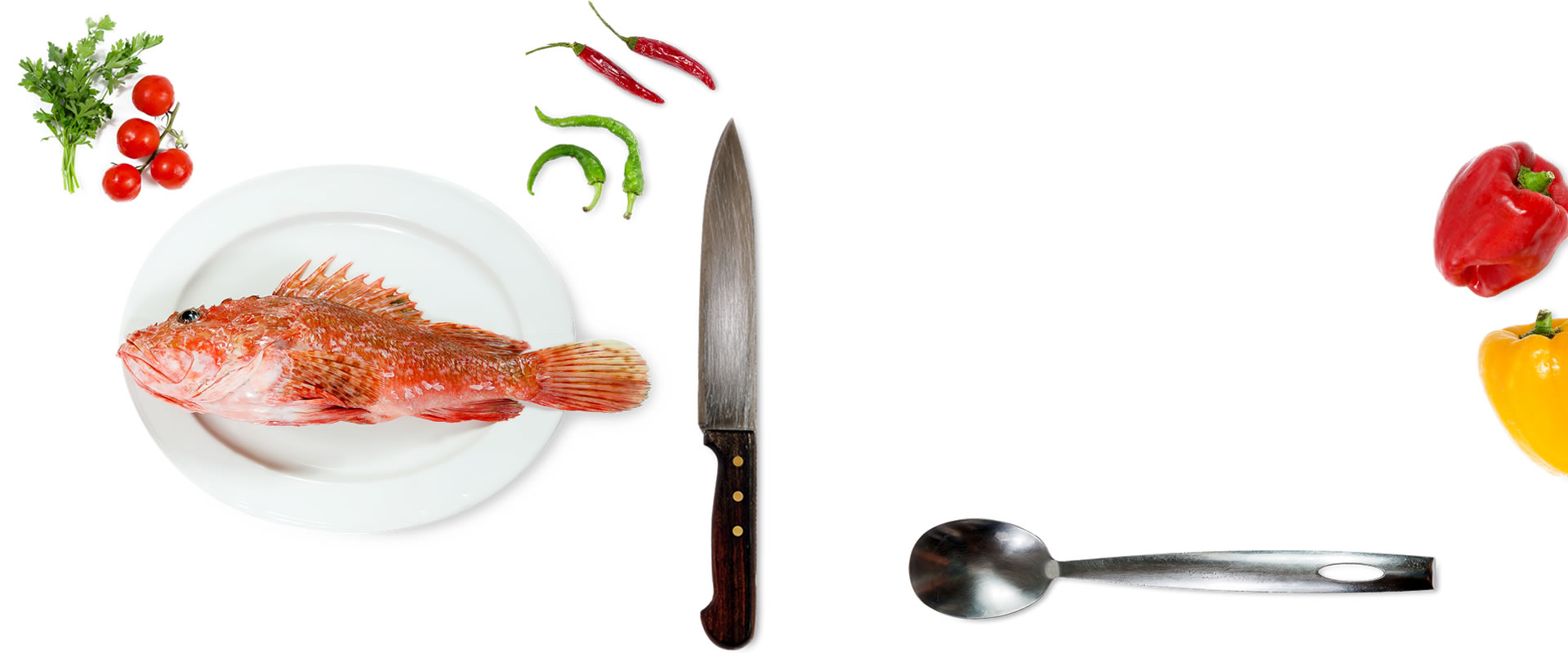THE NATURE
ON THE TABLE
Hot pepper
Imported into Europe by Columbus, he has been very lucky in southern Italy: it’s overlapped to the ancient horn luck because of its shapes , and it’s essential ingredient of many recipes of the Neapolitan cuisine.
Cherry tomatoes
The tomatoes, especially the variety of Vesuvius ‘piennolo’, should be kept "hanging" in a dry place away from the walls during the cold season. A wire hanging tomatoes never failed in our grandmothers’ houses.
Lemons
The Oval Sorrento lemon, also called ‘Femminello’, is particularly fragrant and it has a lovely pale yellow color pulp. You can use everything : the leaves for smoking and cooking on the grill, the juice for creams and sauces or for the liqueur ‘limoncello’.
Walnuts
Among the typical products of Sorrento, the Walnut has a prominent place. Its presence in Campania is very ancient, even if some traces have been found charred in the gardens of Pompeii. In popular belief the nuts prune luck to the newlyweds and they get away the bad luck.
Fennel
Fennel is dietary, because it contains very few calories, it is cleansing for the liver and the intestines, and it’s digestive: a bowl of raw fennel after meals helps to digest and to eliminate the feeling of heaviness, a shot of liquor fennel concludes every banquet in the right way.
Parsley
In Naples we say "petrusìno 'ogne menesta", literally parsley in every soup. It refers to those who ‘care’ everything, but it says an indisputable truth: the parsley is good almost everywhere.
Olives
The olive tree is the king of the maquis Mediterranean. It's so important for men to be considered by the ancient a sacred plant. In ancient Greece, the person who damaged an olive tree was punished with the exile or the death. In the biblical tradition it is a symbol of salvation, prosperity and peace.
|


















 view gallery
view gallery










